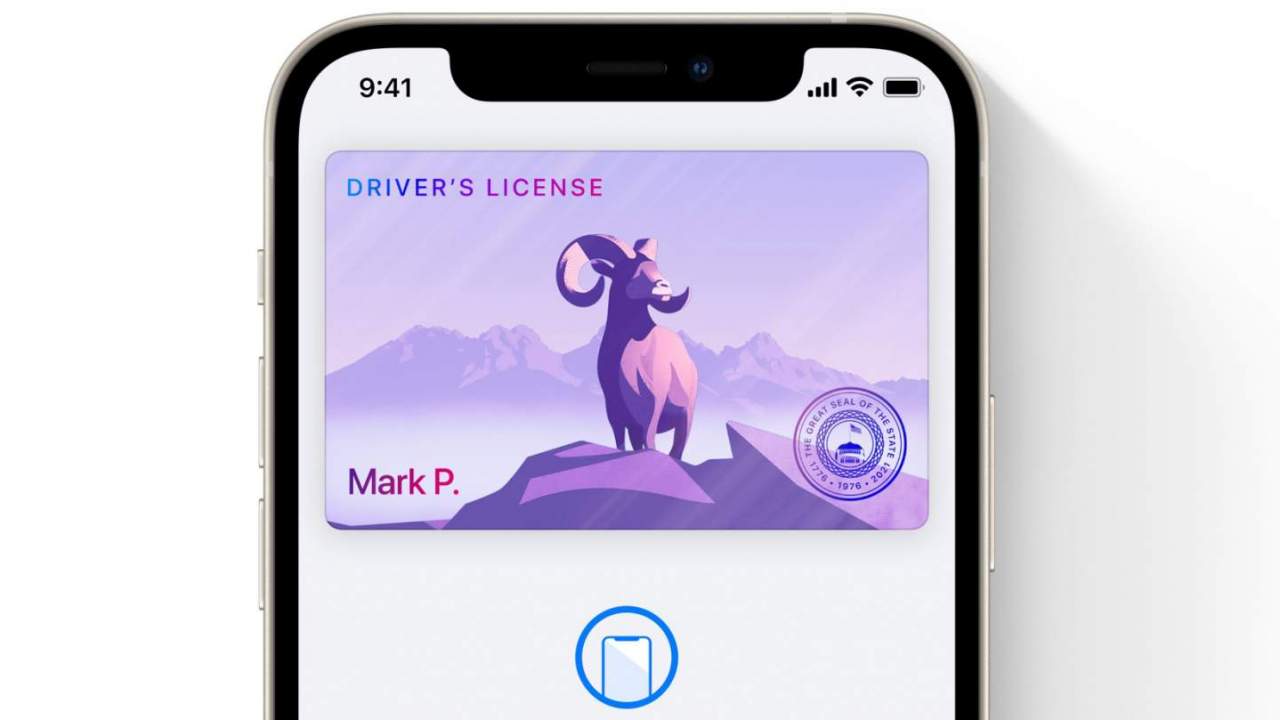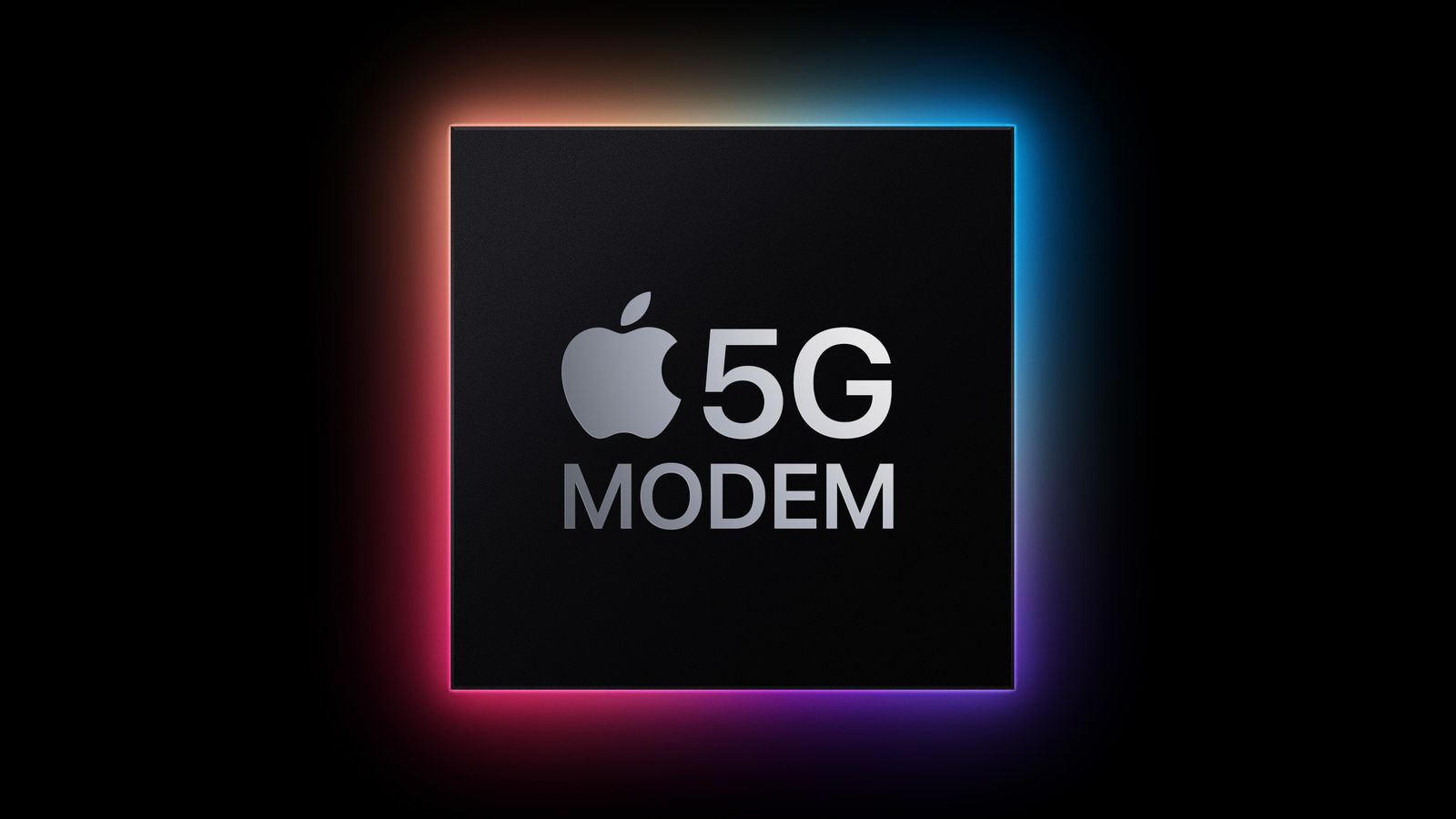
Apple delays controversial iPhone driver’s license feature
IPhone users need to keep their SIM in your wallet or wallet a little longer than expected, with Apple calmly confirming that the IOS 15 ID card feature has been postponed. Announced as part of the latest iPhone and Apple Watch software, this feature will add a digital version of the SIM or ID country to the Apple wallet, to be used when traveling or another time when proof ID is needed.
That would mean, Apple previously promised, one thing that was lacking to carry – or had the potential to lose. The company has worked with TSA and various US states, to receive a digital ID in the same way as the current physical card is valid.
In September, Apple revealed the first of these countries came to the agreement with. Connecticut, Arizona, Iowa, Georgia, Kentucky, Oklahoma, Maryland, and Utah are the first eight onboard, while TSA also wants to use a digital ID in “Choose an airport security checkpoint at the participating airport.” Like their print colleagues, card data including legal names, date of birth, gender, ID number, state, issuance date, expiration date, real ID status, and photo of the individual concerned.
Although iOS 15 has been released for some time now, however, digital ID cards have been pushed back. Apple secretly added the news that the feature would “come early 2022” to the site, MacRumors looked. Previously, the company had aimed at debut 2021 of functionality.
Digital ID security questions
While convenience is one of the most interesting aspects of digital ID cards, system security has also pushed several discussions. Apple argues that it is safer than a physical card, the data stored is locked behind the face ID or touch ID depends on the device used.
Similarly, the company shows that the iPhone or Apple Watch does not need to be forwarded to law enforcement officers or TSA officials. Unlike physical cards, smartphones or smartwatch will be tapped to identity readers and don’t need to leave the owner’s hand. The device itself can remain locked too.
All the same, some privacy advocacy has voiced concerns that such systems can be used as a reason for the foreclosure of the device, leading to centralized ID tracking, and has the potential to damage identity data. In a report published in May 2021, the American Civil Liberties Union (ACLU) took a common problem with a cellular driver license, or MDL.
“By making it more convenient to show ID and thus it’s easier to ask for it, MDL will definitely make demands for ID more often in American life,” ACLU wrote. “They can also lead to routine use of automatic checks or” robots “that are carried out not by humans but with machines. Depending on how digital ID is designed, it can also allow centralized tracking of all ID checks, and increase other privacy issues. We maybe even Seeing the demands for SIM checks become widespread online. It will greatly expand the tracking information check the ID can make and, in the worst case, it makes it almost impossible to engage in online activities that are not related to our verified identity and the real world. “
Apple’s argument remains that digital privacy remains “at the forefront” of the system. Both Apple and the publishing countries are notified when or where digital IDs are presented, the company shows, all communication between the device and the reader are encrypted, and the implementation of the cellular ID itself complies with ISO 18013-5 MDL (SIM) standards.


